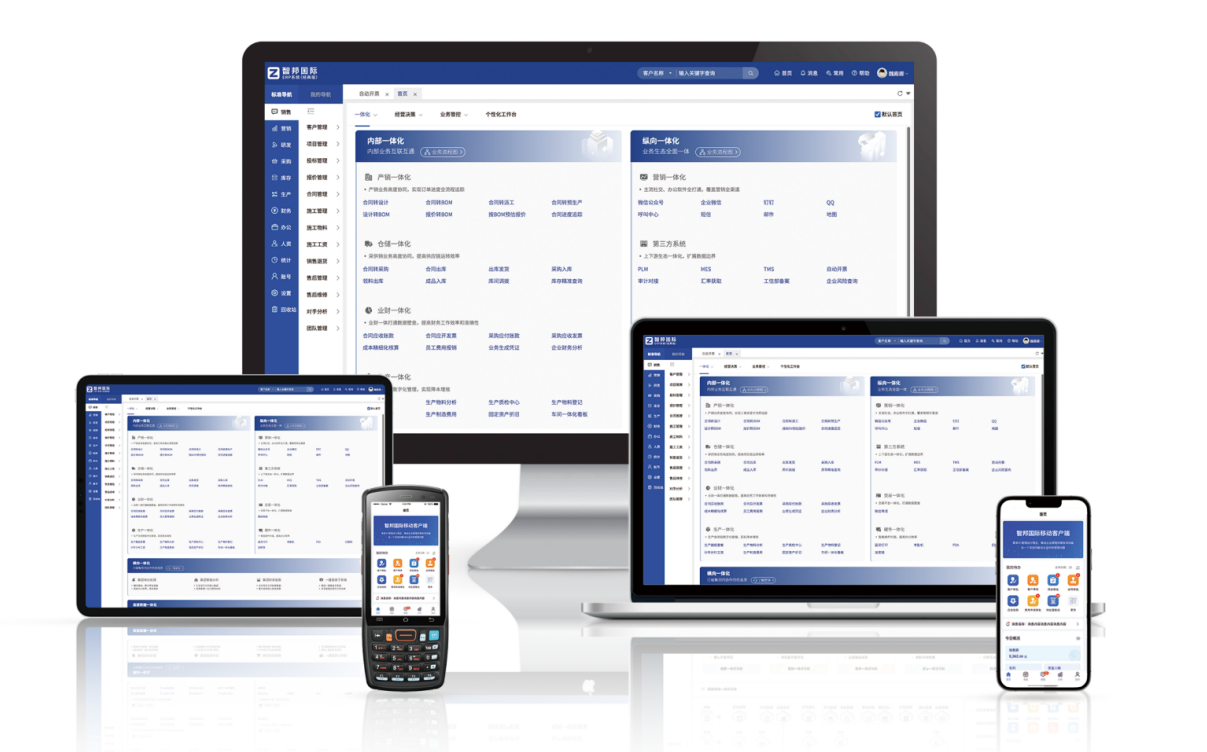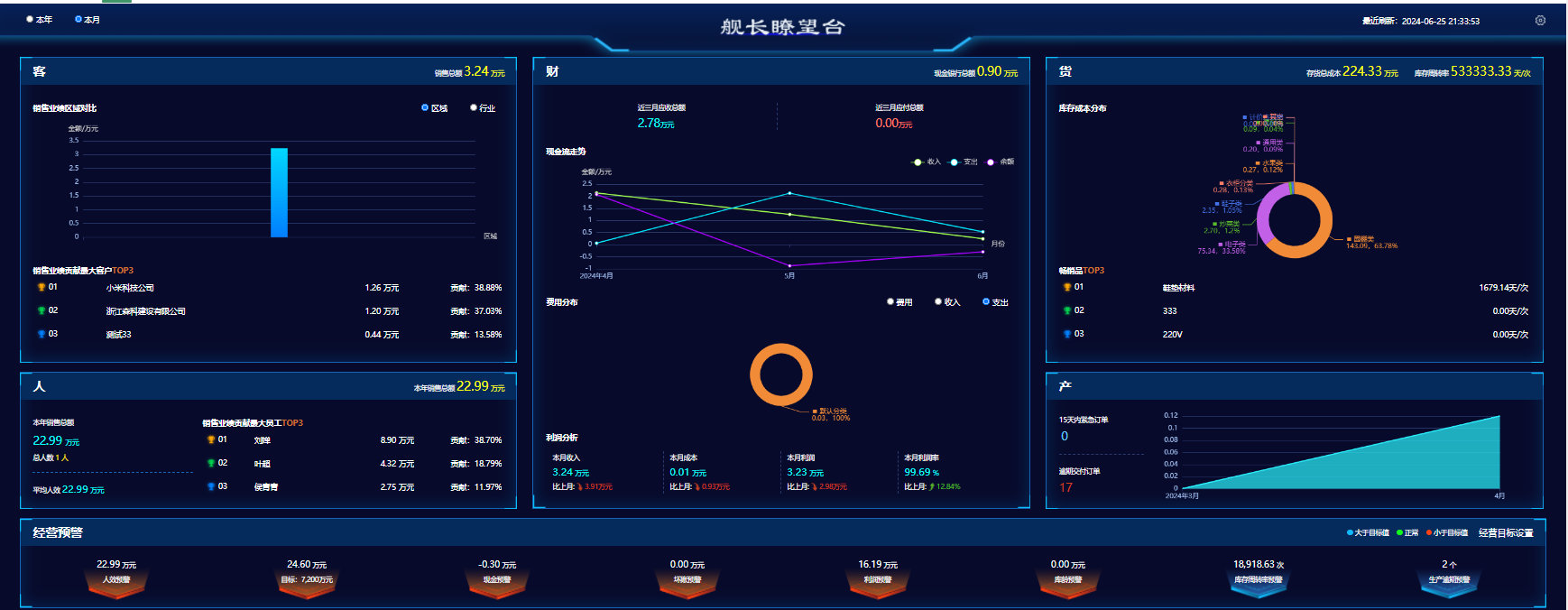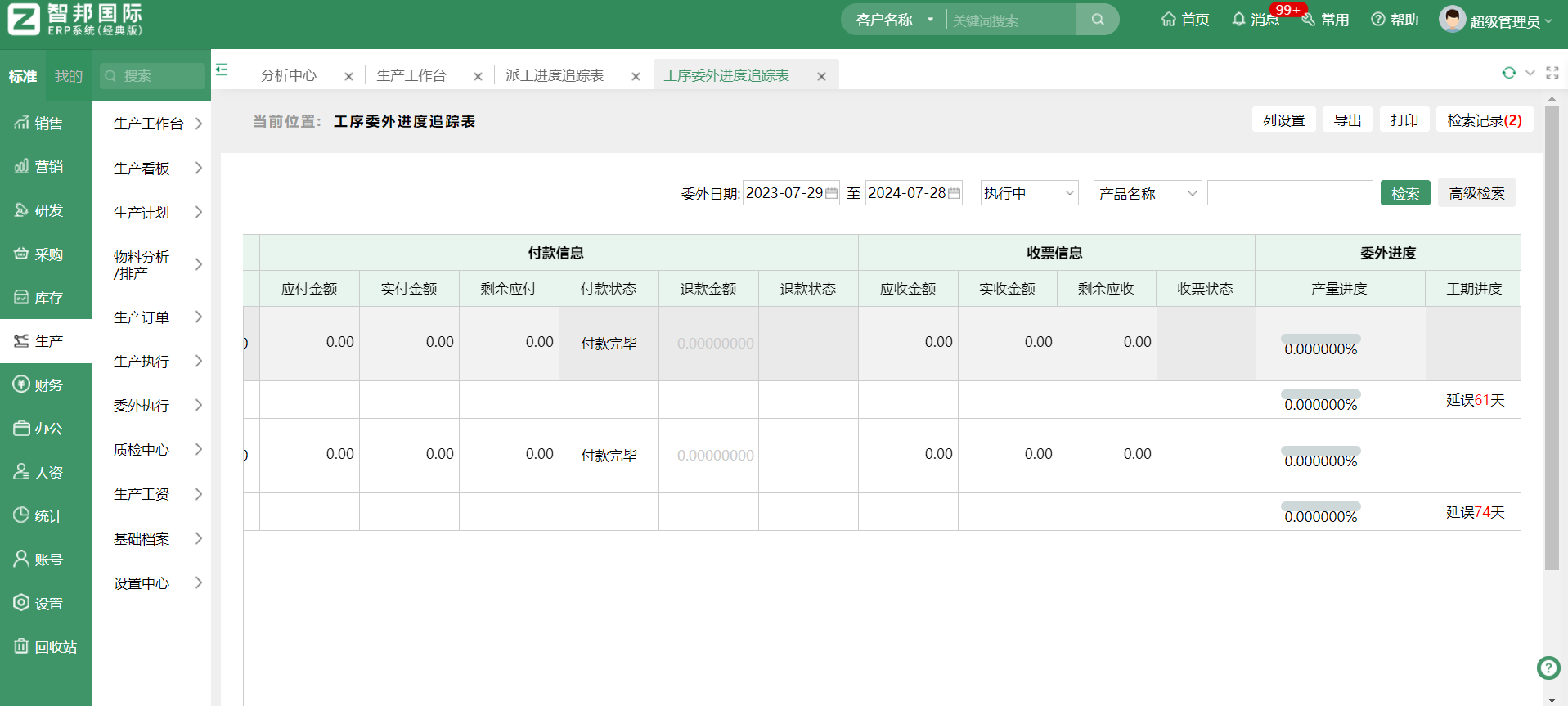CRM ERP: empower your business with seamless management solutions
In today's fast-paced business environment, small and medium-sized enterprises (SMEs) are constantly striving to streamline their operations, improve efficiency, and maintain a competitive edge. However, many businesses still rely on manual, disjointed processes that leave room for error, inefficiency, and missed opportunities. Whether it's managing customer interactions, tracking sales pipelines, or overseeing inventory, the challenges of modern business operations can quickly become overwhelming.
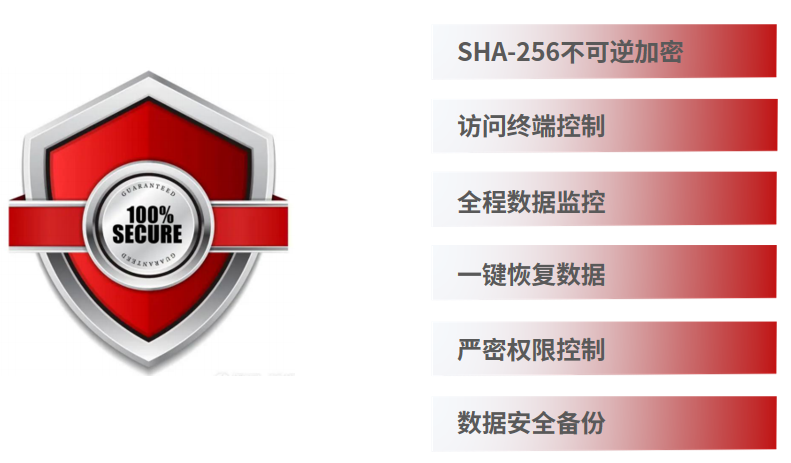
The good news is that CRM ERP (Customer Relationship Management & Enterprise Resource Planning) systems are here to solve these pain points. By integrating the power of CRM with the robust capabilities of ERP, businesses can achieve seamless alignment across all departments, from sales and marketing to finance and operations.

What is CRM ERP?
CRM ERP is a comprehensive business management solution that combines two powerful systems into one integrated platform. CRM focuses on managing customer relationships, capturing data, and improving engagement, while ERP handles the broader operational aspects of a business, such as inventory management, financial accounting, and supply chain optimization. Together, they create a unified system that streamlines processes, enhances decision-making, and drives growth.
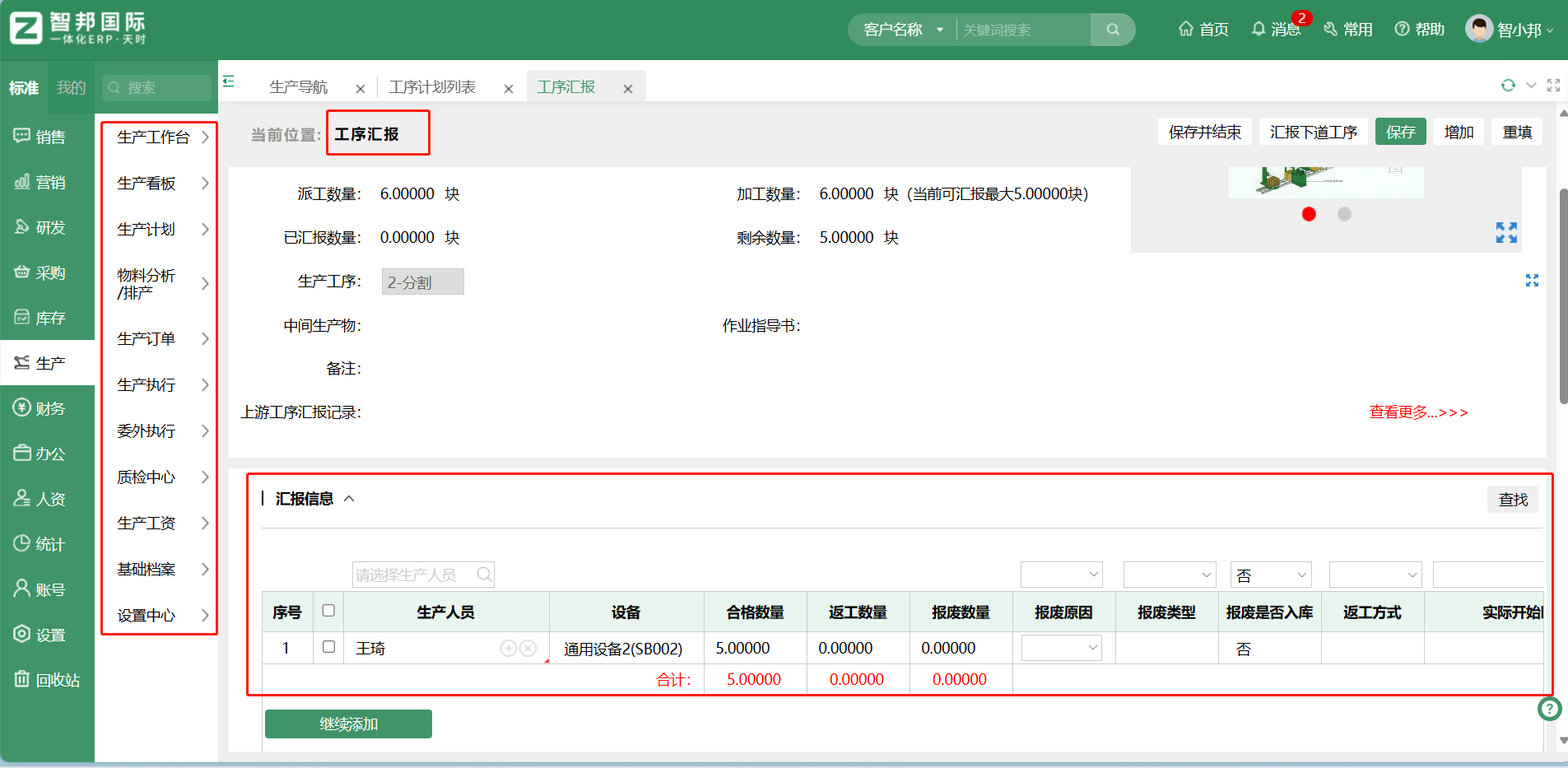
Key Features of CRM ERP Systems
CRM ERP systems offer a wide range of features designed to address the unique needs of SMEs:
- Customer Management: Track customer interactions, maintain detailed profiles, and personalize communication to foster strong relationships.
- Sales Automation: Streamline the sales process with automated tracking, lead scoring, and pipeline management.
- Data Integration: Break down silos between departments by integrating CRM and ERP data, ensuring everyone has access to real-time information.
- Reporting & Analytics: Generate insights from comprehensive reports and dashboards to make informed business decisions.
- Inventory & Order Management: Monitor stock levels, manage supplier relationships, and optimize supply chain efficiency.
- Financial Management: Automate accounting tasks, track expenses, and generate financial reports with ease.
How CRM ERP Transforms Business Processes
The integration of CRM and ERP creates a smooth and efficient business workflow. For example, when a sales team closes a deal, the ERP system immediately updates the financials and inventory, ensuring seamless record-keeping. Similarly, customer feedback captured in the CRM can be analyzed to identify trends and improve product offerings. By eliminating manual handoffs and redundant processes, CRM ERP systems reduce errors and save valuable time.
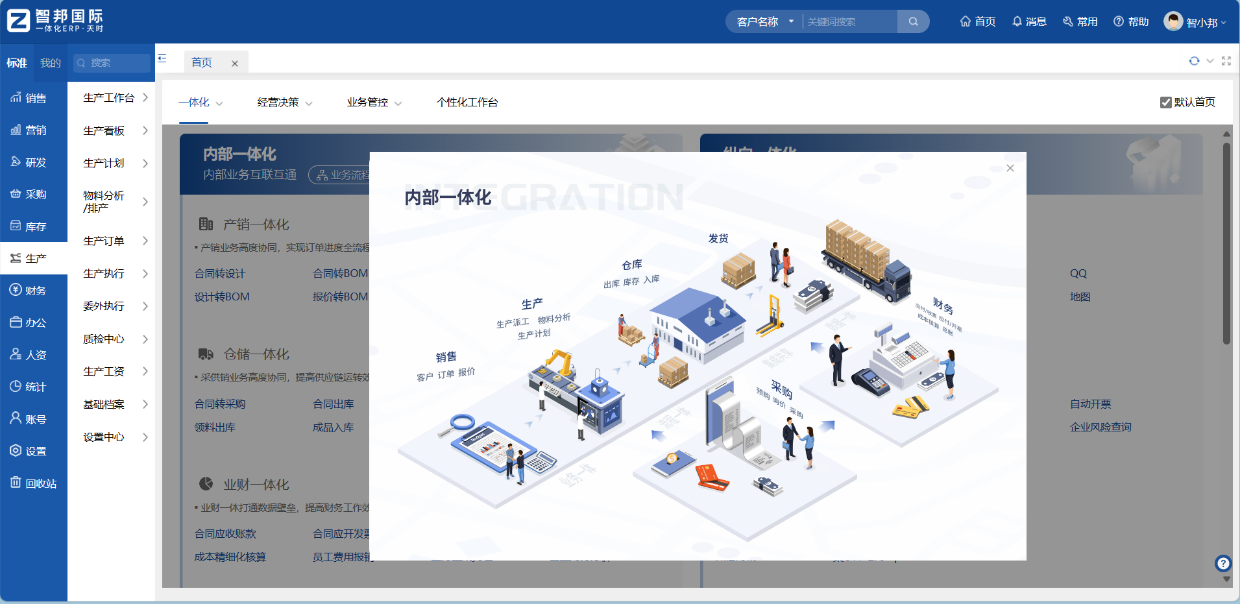
Why Should SMEs Adopt CRM ERP?
For SMEs, the benefits of adopting CRM ERP are significant:
- Improved Operational Efficiency: Automate repetitive tasks, reduce human error, and focus on core business activities.
- Enhanced Customer Experience: Deliver personalized service and build long-term relationships with clients.
- Data-Driven Decisions: Access real-time data and actionable insights to make informed business choices.
- Scalability: Grow your business with a system that adapts to your evolving needs.
- Cost Savings: Reduce overhead costs associated with manual processes and outdated software.
Final Thoughts
In an era where technology is the backbone of business success, SMEs cannot afford to rely on outdated systems that hinder growth and productivity. By embracing CRM ERP solutions, businesses can unlock the full potential of their operations, deliver exceptional customer experiences, and stay ahead of the competition.
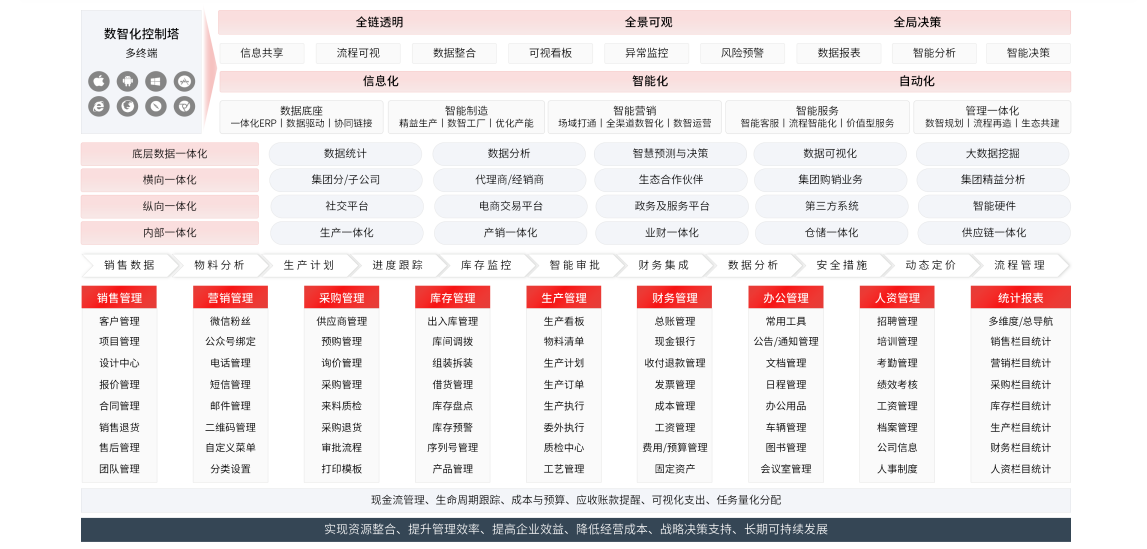
Ready to transform your business? Explore our CRM ERP solutions today and take the first step toward更高效、 更智能的企业管理.
欢迎咨询试用智邦国际一体化ERP软件!点击右边“在线咨询”或“免费试用”按钮,稍后售前ERP软件顾问会联系到您,为您讲解、试用、演示软件使用效果,以及发送产品资料和商务报价~(解决:生产管理、财务、仓库、采购、销售、项目、客户、集团管理等等)


